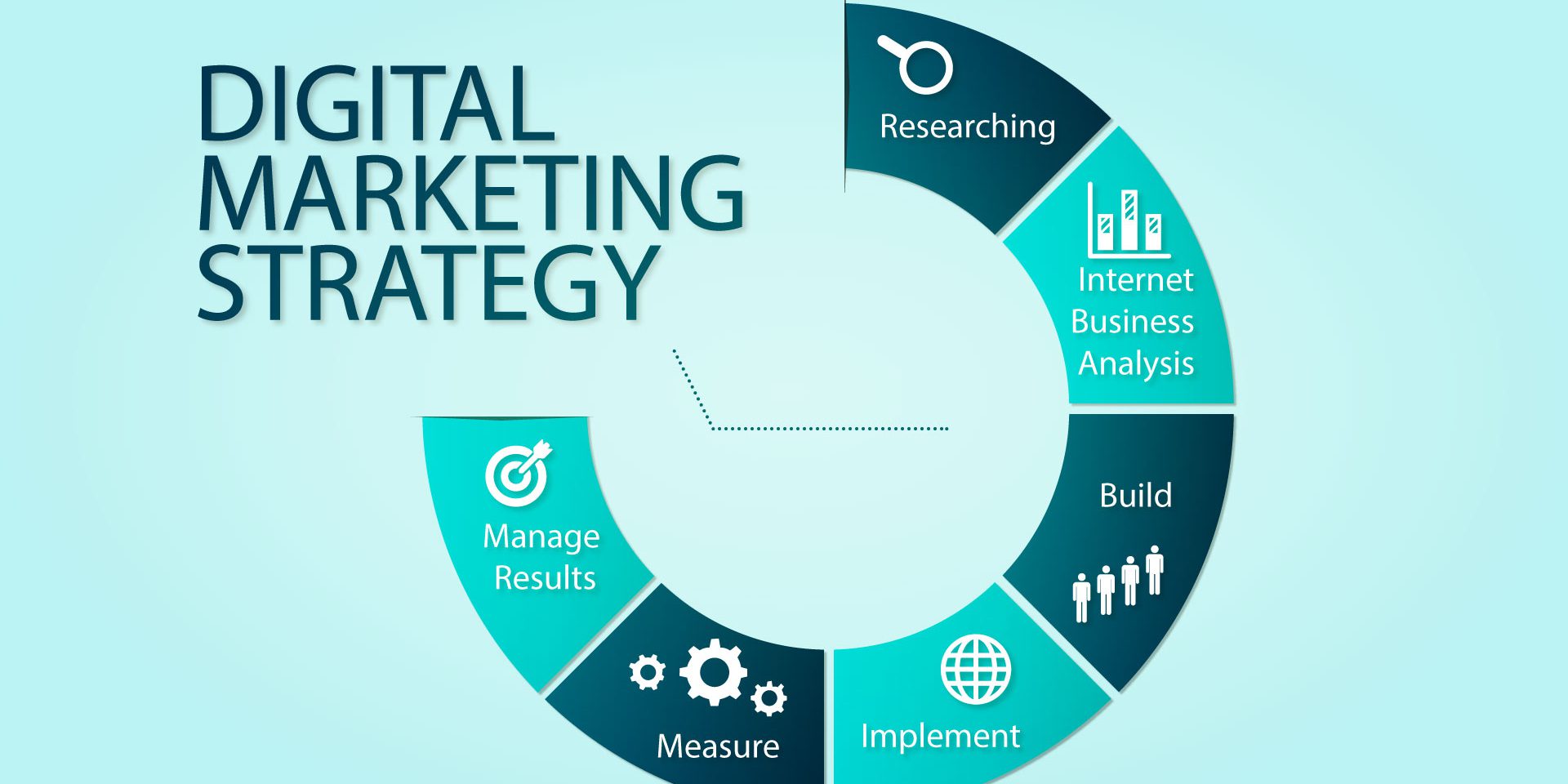
In today’s digital world, having a strong online presence is essential for any business to succeed. To achieve this, businesses must have a well-defined digital marketing strategy that aligns with their overall marketing goals.
1. Identify Your Target Audience
The first step in building an effective digital marketing strategy is to identify your target audience. You need to know who your customers are, their demographics, and their buying habits. This will help you create a targeted marketing campaign that resonates with your audience and drives conversions.
2. Set Clear Goals
Once you have identified your target audience, it’s time to set clear marketing goals. Your goals should be specific, measurable, achievable, relevant, and time-bound (SMART). Examples of goals could include increasing website traffic, generating leads, improving brand awareness, or boosting sales.
3. Conduct a Competitive Analysis
To stay ahead of the competition, it’s important to conduct a competitive analysis. This involves researching your competitors’ digital marketing strategies, their strengths, and weaknesses. Analyzing their approach can help you identify opportunities and gaps in the market that you can leverage.
4. Develop a Unique Value Proposition
Your unique value proposition (UVP) is what sets you apart from your competitors. It is a statement that communicates why your business is different and what value you offer to your customers. Your UVP should be clear, concise, and compelling.
5. Choose the Right Digital Marketing Channels
Choosing the right digital marketing channels is crucial for the success of your marketing campaign. There are several channels to choose from, including social media, email marketing, search engine optimization (SEO), pay-per-click advertising (PPC), and content marketing. The key is to choose the channels that are most effective for reaching your target audience.
6. Create Compelling Content
Creating compelling content is essential for engaging your target audience and driving conversions. Your content should be informative, educational, and entertaining. It should also be tailored to the needs of your audience and optimized for search engines.
7. Implement Analytics and Tracking
To measure the success of your digital marketing campaign, it’s important to implement analytics and tracking. This will help you track website traffic, conversions, and other important metrics. You can use this data to make informed decisions and optimize your marketing strategy.
In conclusion, building an effective digital marketing strategy requires a thorough understanding of your target audience, clear marketing goals, a competitive analysis, a unique value proposition, the right digital marketing channels, compelling content, and analytics and tracking. By following these steps, businesses can create a successful digital marketing campaign that drives results and helps them achieve their marketing goals.
